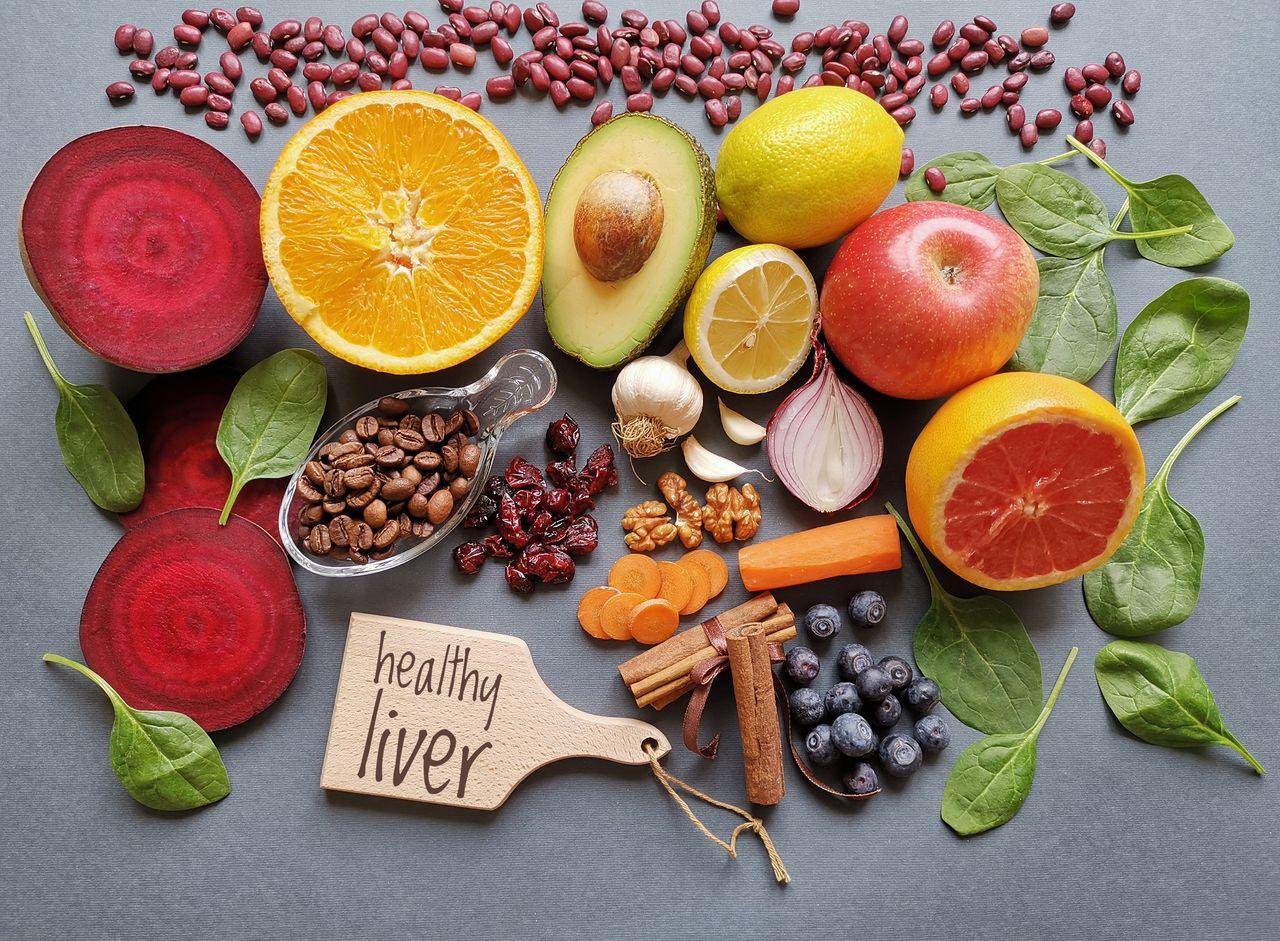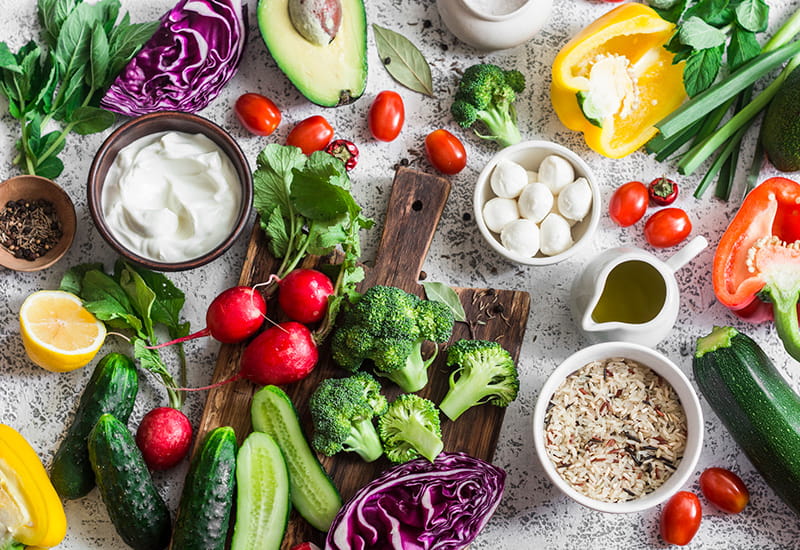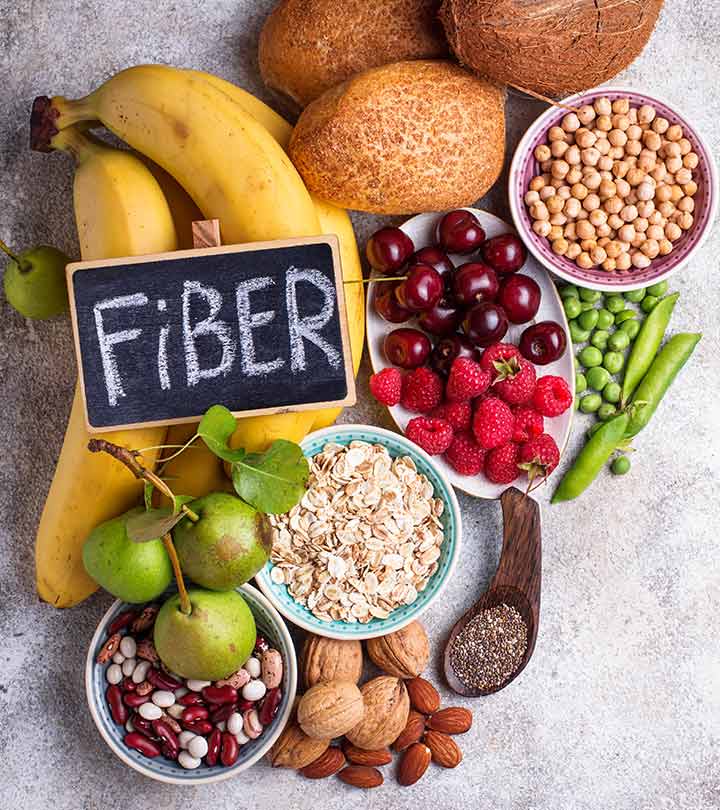Saffron tea is an exotic floral tea with some impressive health benefits, as well as a steep price tag!
What is Saffron Tea?
Saffron tea is an herbal tea brewed from the dried stigmas (styles) of the saffron flower, a crocus from the lily family scientifically known as Crocus sativus L. These plants take up to three years from seed to flower, and each plant has 3-4 flowers, which each bear 3-4 stigmas. A large volume of these delicate stigmas are needed to produce the saffron spice, but they must be collected by hand. As a result, saffron remains one of the most expensive spices in the world. [1] Saffron tea, in its traditional form, does not contain caffeine. However, commercial tea bags are usually a mix of saffron, black tea, and spices and do have caffeine.
Nutrition Facts
Saffron tea is prepared with 4-5 of the saffron strands or threads before they are dried or ground into powder. There is a high concentration of certain active ingredients and compounds in these strands, including anthocyanin, alpha-carotene and beta-carotene, B vitamins and various other carotenoids and antioxidants.
Saffron Tea Benefits
The most important saffron tea benefits include its ability to enhance mood, relieve PMS, enhance skin, improve eyesight, boost memory, prevent cancer, and protect heart health, among others.
Vision Health
Beta-carotene is well-known for its ability to protect vision by preventing macular degeneration and delaying the onset of cataracts.
PMS Treatment
The hormonal effects of tea can help menstruating women experiencing painful cramps or mood swings.
Antidepressant
Numerous studies have shown that the use of saffron is able to affect the hormonal balance in the brain, which can have noticeable effects on mood, anxiety, and symptoms of depression. Drinking a cup of this tea in the morning can stabilize your mood from the start.
Blood Pressure
A number of studies have found that this tea is able to lower blood pressure, while also reducing triglyceride and cholesterol levels, further keeping you safe from atherosclerosis and heart attacks.
Memory Booster
The impact of this tea on the brain also include antioxidant effects. This can reduce the deposition of plaque in the brain and lower your risks of neurodegenerative diseases, such as Alzheimer’s or Parkinson’s.
Cancer Prevention
The anthocyanins and carotenoids found in this spice, and subsequently in the tea, are able to neutralize free radicals, the dangerous byproducts of cellular metabolism. This can lower the levels of chronic inflammation and prevent diseases like cancer, rheumatoid arthritis, and coronary heart disease.
Skin Conditions
The antioxidants and anti-inflammatory properties of this tea can help clear up skin conditions, such as psoriasis or eczema.
How to Make Saffron Tea?
Making this tea at home is quite easy, provided you can find authentic saffron that doesn’t empty your bank account. There are no counterindications when this tea is drunk in moderation, so you can have 2-3 cups per day.
Step 1: Add 4-5 saffron strands to a teacup or tea infuser.
Step 2: Bring a pot of water to boil, then remove from heat for one minute.
Step 3: Pour hot water over the saffron strands.
Step 4: Allow the tea to steep for 3-4 minutes before drinking.
Step 5: Add 1 teaspoon of honey for flavor, if desired.
Step 6: For a more exotic version, you can add raw milk or coconut milk and powdered cardamom.
Saffron Tea Side Effects
There are few known side effects of this exotic tea, but some people do have a sensitivity or an allergy to this spice.
- As always, pregnant women should speak with their doctor before adding any new herbal remedies to their health regimen.
- In terms of toxicity, no known cases have been reported when consumed in culinary proportions.







